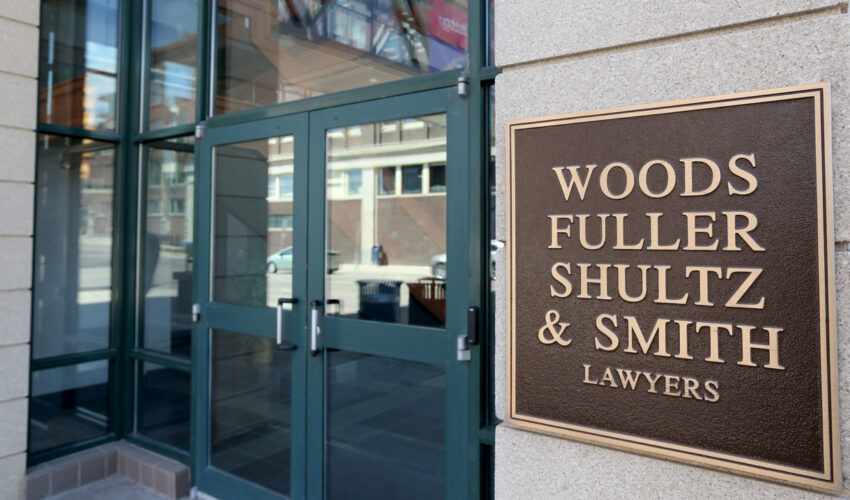Employee noncompete agreements: Are they enforceable under S.D. law?
Dec. 17, 2018
This paid piece is sponsored by Woods Fuller Shultz & Smith PC.
By Tim Shattuck and Morgan Brekke, employment law attorneys at Woods Fuller
If properly drafted, noncompete agreements with employees are enforceable. South Dakota law expressly authorizes agreements between employers and employees whereby the employee agrees not to engage directly or indirectly in the same business or profession as that of his employer for any period not exceeding two years from the date of termination of the agreement and not to solicit existing customers of the employer within a specified county, first- or second-class municipality, or other specified area for any period not exceeding two years from the date of termination of the agreement if the employer continues to carry on a like business therein.
Accordingly, as a general rule, noncompete agreements between employers and employees are enforceable so long as they comply with the statutory requirements pertaining to the scope of restricted activity, duration and geographic limitations. Specifically, the noncompete:
- May prohibit the employee only from competing in the same business or profession.
- Can be in effect no more than two years from the date of the employee’s termination.
- Must be limited to a specific county, city or other specific area.

Tim Shattuck
Generally, courts in South Dakota will automatically uphold noncompete agreements between employers and employees that fit within the statutory parameters, without further analysis, when an employee voluntarily terminates employment or is terminated for cause.
On the other hand, if an employee is terminated without cause, through no fault of his or her own, South Dakota courts engage in a “reasonableness” analysis to determine whether to enforce the noncompete agreement even if it fits within the statutory parameters. In engaging in this “reasonableness” analysis, courts consider the following factors:
- The extent of the restraint, including temporal and geographic scope.
- The nature of the business or profession involved, including the employee’s position and duties.
- The public’s interest in the employee being able to continue in that field.
In situations where an employee is terminated without cause, the employer has the burden of proving that the noncompete is reasonable and necessary to protect its legitimate business interests.

Morgan Brekke
Despite these general guidelines, employers should be aware of a recent decision from the South Dakota Supreme Court that may impact how they define the scope of restricted activities within a noncompete. In Farm Bureau Life Insurance Co. v. Dolly, decided in March 2018, the court invalidated language in an agreement that prohibited an insurance agent from selling insurance policies to the insurer’s customers for a period of 18 months. Although the full effects of this case remain to be seen, the decision suggests that to be enforceable, noncompete provisions should be drafted to completely prohibit an employee from engaging in the same business as the employer for the duration of the noncompete instead of being more narrowly tailored to prohibit the employee from engaging only in certain types of competitive activity, such as selling products to the employer’s customers.
In light of this recent case law, employers should review their employment agreements to confirm their noncompete agreements are enforceable. Woods, Fuller, Shultz & Smith PC routinely drafts and reviews noncompete agreements and can assist in ensuring such agreements comply with South Dakota law.
For information, visit woodsfuller.com.








